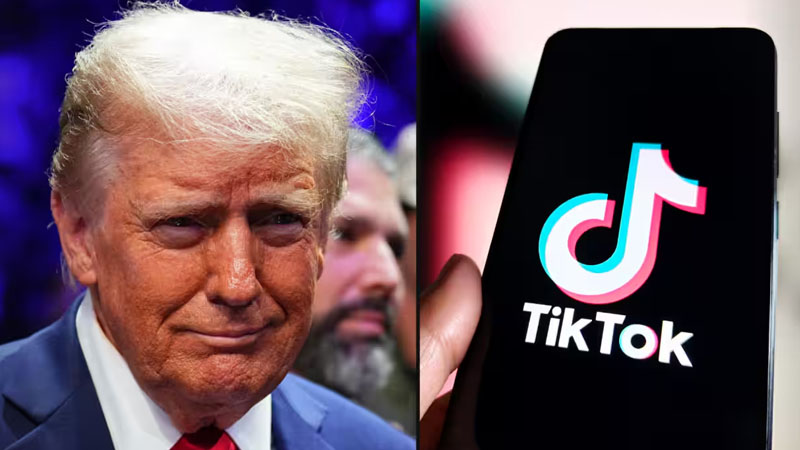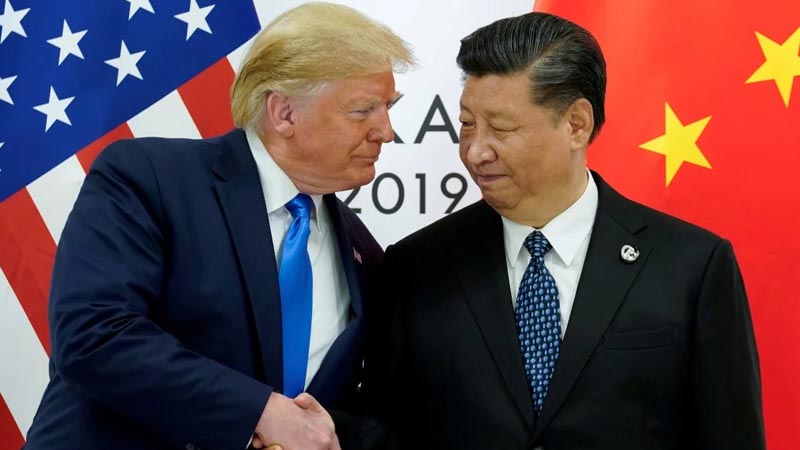President Donald Trump downplayed concerns on Wednesday night that the popular social media app TikTok could be used by China to spy on Americans. During an interview with Fox News host Sean Hannity, the former president addressed warnings from experts who believe the app poses a national security threat.
Hannity broached the topic, reminding Trump of bipartisan efforts to restrict TikTok over fears it could serve as a spying tool for the Chinese government. “Those that know say it could be a spying app for the communist Chinese,” Hannity said before Trump interjected.
“I know. But you could say that about everything made in China,” Trump responded, referencing the broader issue of Chinese-manufactured goods. “Look, we have our telephones made in China for the most part. We have so many things made in China.”
While Trump acknowledged the potential risks, he appeared to downplay the significance of China targeting TikTok users specifically. “The interesting thing about TikTok is you’re dealing with a lot of young people,” he noted. “Is it important for China to spy on young people? On young kids watching crazy videos on things?”

Hannity pushed back, emphasizing the importance of protecting Americans from surveillance. “I don’t want China spying on anybody,” Hannity said. Trump, however, redirected the conversation toward the broader issue of dependency on Chinese manufacturing. “I know. But they make your telephones, they make your computers, and they make a lot of other things. Isn’t that a bigger threat?” he questioned.
The exchange highlights Trump’s longstanding criticism of China, including his focus on the economic implications of relying on Chinese-made products. However, his comments about TikTok reveal a more dismissive stance on the app’s potential for espionage compared to the broader risks posed by Chinese technology.
The debate over TikTok continues to divide lawmakers and experts, with some advocating for a complete ban due to its ties to ByteDance, a Chinese company subject to Beijing’s national security laws. Others argue that addressing broader vulnerabilities in supply chains and technology infrastructure should take precedence.
Trump’s remarks suggest he sees TikTok as a smaller piece of a much larger puzzle when it comes to U.S.-China relations. Yet his comments are likely to fuel further discussion about how seriously potential threats from the app should be taken.

